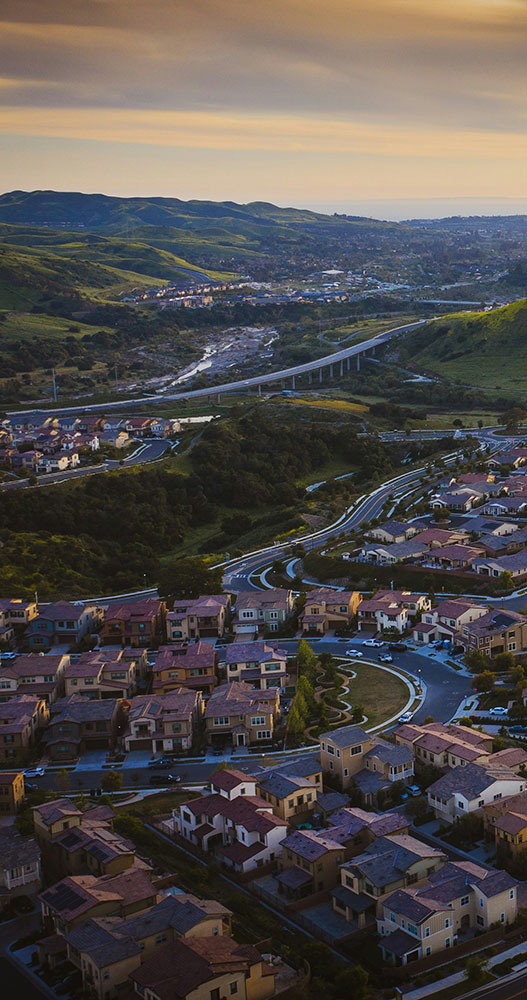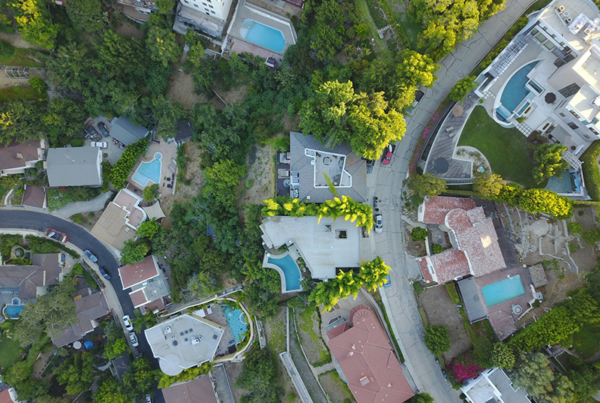Acquiring building permits is one of the most critical steps in any construction project. However, it can be an arduous and challenging process due to various factors, ranging from local regulations to community opposition. This blog addresses some common challenges applicants face when obtaining building permits in New Jersey. It provides insights on how to navigate these challenges effectively.
Dealing with Complex and Varied Local Zoning Laws and Building Codes
One significant challenge in seeking building permits is dealing with the complex and varied local zoning laws and codes. These regulations can differ significantly from one municipality to another, creating a maze of requirements for applicants.
Local Variations: Zoning and building codes vary widely across municipalities. Understanding and complying with local regulations is critical but can be cumbersome.
Regulatory Compliance: Ensuring that building plans meet all local requirements is essential to avoid unnecessary delays or rejections. This process often requires a detailed knowledge of local laws.
Preparing and Submitting Comprehensive Documentation
Preparing and submitting the necessary documentation for building permits is a significant obstacle. These submissions typically include intricate site plans, environmental impact assessments, and engineering reports.
Detailed Requirements: Building permit applications require thorough documentation. Applicants must submit comprehensive site plans, architectural drawings, and technical reports.
Lengthy Process: Preparing this documentation is time-consuming and involves coordination among many professionals, such as architects, engineers, and environmental consultants.
Lengthy Approval Process
Obtaining building permits in New Jersey involves multiple reviews by different departments and public hearings, which increase the waiting period and costs.
Multiple Reviews: Municipal departments, including zoning, planning, and environmental departments, review building permit applications numerous times. Each review stage can add significant time to the total process.
Public Hearings: Many projects require public hearings, and scheduling these can further elongate the approval timeline.
Community Opposition
Community opposition can significantly delay the building permit process. Locals or groups may oppose a proposed construction project, leading to prolonged negotiations or plan modifications.
Community Concerns: Residents may be concerned that the proposed construction will increase traffic, noise, and environmental issues or alter the neighborhood’s character.
Modifying and Negotiating: Often, community opposition can be addressed through negotiations with residents and modifying the original plans to address their concerns.
Keeping Up with Changing Regulations
Building codes and environmental standards continuously change. Staying informed and adhering to new regulations can make acquiring required permits more difficult and prolong the process.
Regulatory Changes: Staying informed about changes to building codes and environmental regulations is crucial to ensure ongoing compliance.
Compliance: Complying with new laws can increase the cost and time required to obtain permits due to additional resource demands.
Conclusion
Acquiring building permits in New Jersey is a complex, multi-dimensional process. Complex local zoning laws, extensive documentation requirements, managing community opposition, and keeping up with changing regulations create a gamut of hurdles for applicants. Engaging a knowledgeable land-use attorney or consultant can help mitigate these challenges and expedite the approval process. By understanding what to expect and adequately preparing, applicants can take proactive steps to navigate the difficulties of obtaining permits and ultimately move their construction projects forward.





